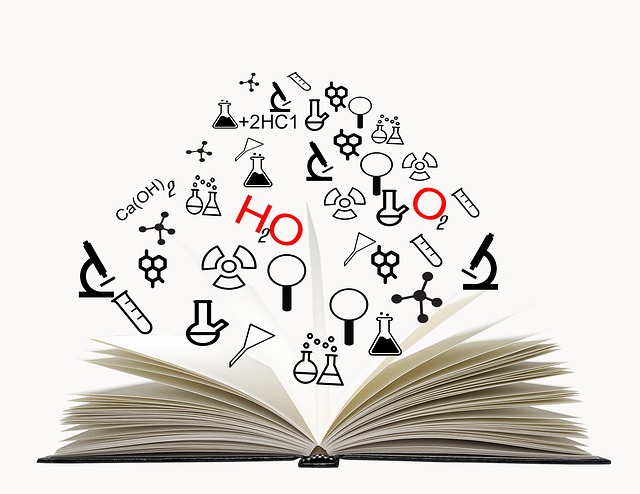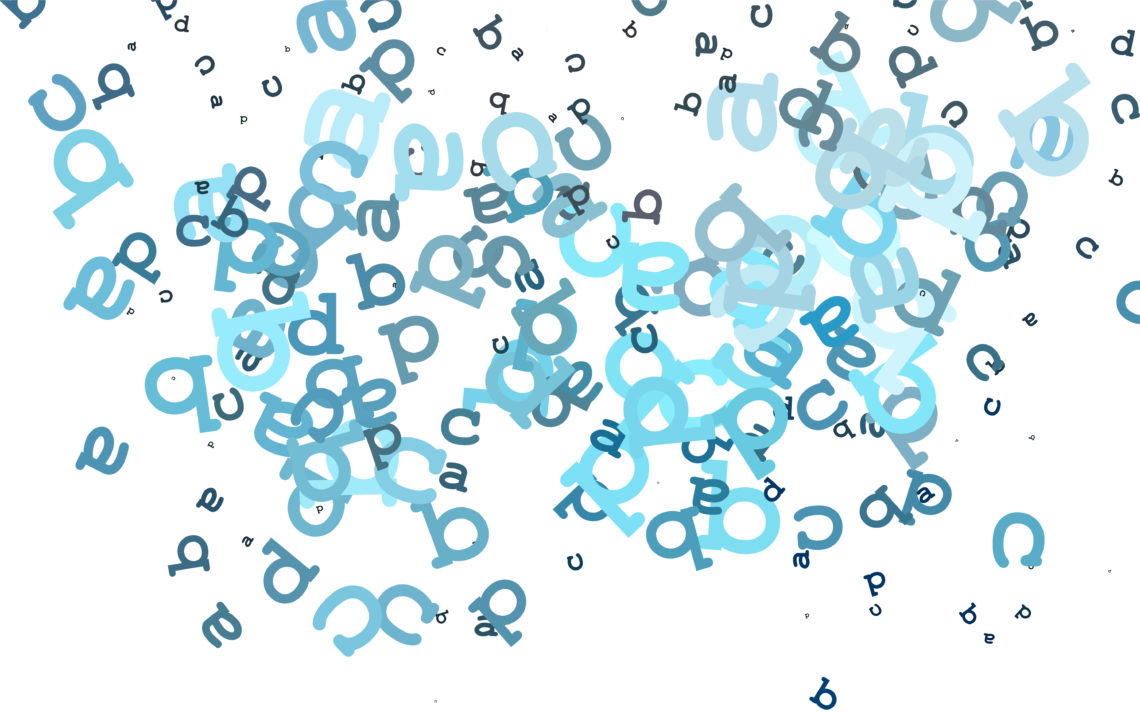The reading world was recently rocked by an article from esteemed reporter, Emily Hanford. The longtime maven of whole language, Lucy Calkins, admitted she needed to change her Units of Study after decades of context clues, guessing at words, picture walks, and dismissing the science of reading. Of course, Calkins promptly responded with a statement that essentially tried to take credit for always being a phonics-minded practitioner (despite a great deal of evidence to the contrary). When you look at the latest NAEP data, the influence of decades of whole language-oriented instruction being the dominant pedagogy in the United States is readily apparent. According to this new data, roughly 63%…
- Balanced Literacy, Decoding, Dyslexia, Ed School, Fluency, Learning Disabilities, NAEP, Phonemic Awareness, Phonics, Precision Teaching, Reading Instruction, Reading Wars, Science of Reading, Teacher Training, Whole Language
- Decoding, Dyslexia, Fluency, Learning Disabilities, Lucy Calkins, Phonemic Awareness, Phonics, Precision Teaching, Reading Instruction, Reading Workshop, Science of Reading, Teacher Training, Three Cueing System, Whole Language
A Child is Not a Mollusk
In some sense, without evidence-based instruction, a child could be more like a mollusk in that they will withdraw from the learning process and build a shell to protect themselves from the emotional anguish of feeling less-than in the classroom.
- Decoding, Dyslexia, Fluency, Learning Disabilities, Phonemic Awareness, Phonics, Precision Teaching, Reading Instruction, Science of Reading, Teacher Training, Uncategorized, Whole Language
Of Fluency and Fritters
t’s been clear for a long time that something is very wrong with the way reading is taught, but if we genuinely want things to change, we need to take a hard look at what actually works—and building fluency beyond a doubt does so. We owe it to students to get this right: their success in high school and beyond depends on it.
-
The Science of Reading: 5 Key Concepts
The Science of Reading has been in the news a lot recently, and not surprisingly, many people (including a lot of teachers) find the sheer amount of information it involves overwhelming. So, the basics: the Science of Reading is not a movement or a belief system. It is a vast body of research based on hundreds of studies conducted by dozens of researchers over many decades, and involving fields in the social and hard sciences such as psychology, linguistics, and neuroscience. While researchers still have questions about the exact processes by which skilled reading develops, a sufficient number of studies have produced similar results to allow them to conclude that…
-
What Does It Mean to Be “Phonetic”?
One of the most common justifications for not teaching reading as a code in which letters correspond to sounds is that written English contains too many exceptions, and that attempting to teach them all will only lead to confusion. In reality, however, the vast majority of English words are spelled phonetically (50%) or contain only one irregular sound, usually a vowel (36%). (Research also indicates that children can often infer the identities of many common words with slightly irregular misspellings.) I recently posted these statistics on Facebook and received a predictably snarky response of “How many perfectly phonetic words are in this post?” as if the point of the post…




